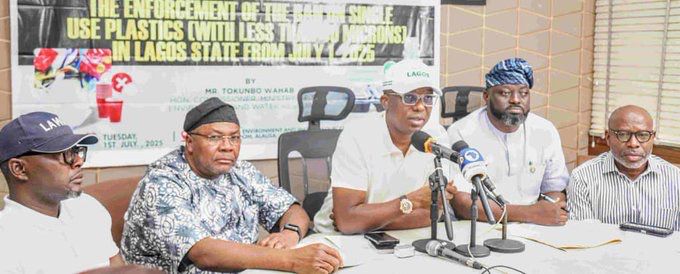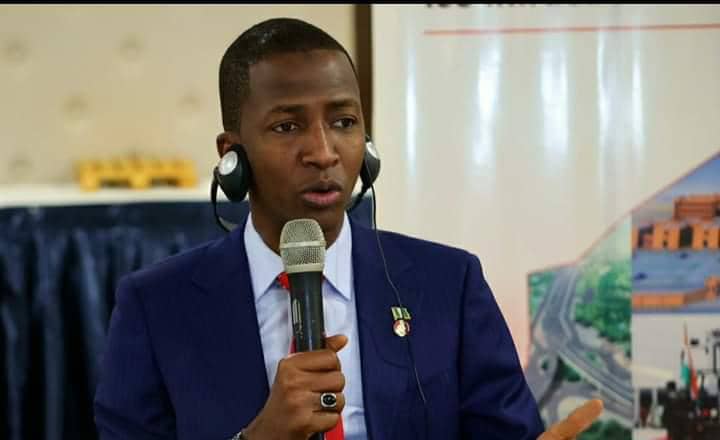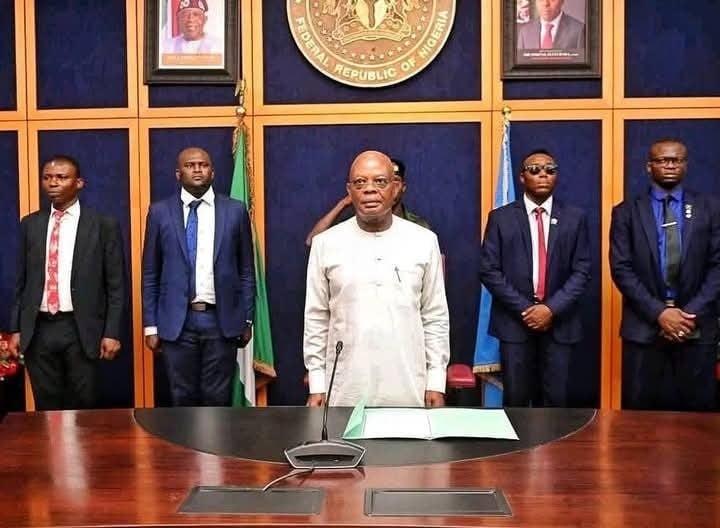Babagana Zulum, the governor of Borno State, has confirmed that 24 people were kidnapped in the state’s Chibok local government area.
The town became well-known after Boko Haram abducted over 200 schoolgirls from a boarding secondary school in 2014.
Residents told the governor, who paid a condolence visit to the town on Monday, that four people were killed and 110 buildings were destroyed in the latest Boko Haram attack.
A statement on Tuesday by the spokesman of the governor, Isa Gusau said his principal “was in Chibok town on Monday following a recent attack on three communities: Kawtakare, Korohuma, and Pemi in the LGA.”
“The Governor met families of 22 women and two men abducted by Boko Haram/ISWAP during the attack,” the statement further revealed.
He said during the visit, Zulum invited relatives from the three affected communities made up of men and women and hosted them at the Government lodge in Chibok town.
Gusau said, “Insurgents had recently attacked Kawtakare on January 21, 2022, Pemi on January 14 after the previous one on Korohuma on December 30, 2021.”
The spokesman quoted the governor to have said, “We are here in Chibok to commiserate with you, immediate families of our sisters and brothers abducted as well as four of our brothers killed by the Boko Haram terrorists in these unfortunate incidents. We share your pains and we pray this act will not happen again.”
He said the governor after meeting the families, interfaced with heads of security agencies and discussed gaps and ways to enhance security in the communities.
According to Gusau, Zulum observed that four local government areas: Biu, Askira, Chibok, and Damboa were faced with serial attacks from the members of Boko Haram/ISWAP terrorists in recent times, assuring that his administration will not relent in providing additional support to security operatives, to contain the challenges.
The Chairman of Chibok local government area, Umar Ibrahim while briefing the governor on the incident, said in addition to the 24 people abducted, three persons were killed by the terrorists during separate attacks on three communities.
The Chairman disclosed that a combined number of 110 buildings made up of 73 houses, 33 shops, and four churches were burnt alongside eight vehicles and three tricycles.
Zulum immediately directed that an assessment report containing all destructions perpetrated by the terrorists in the three communities be submitted to him.
He also commended the chairman of the council for his responsive leadership saying, “Let me specifically commend the efforts of the Local Government Chairman, because, despite the very limited resources, he has been doing his best to ensure that dividends of democracy are provided in Chibok.”
The Governor was accompanied to Chibok by the member representing Chibok at the state assembly, Aimu Foni, Commissioner of Poverty Alleviation, Nuhu Clark who also hails from Chibok, and commissioner for Local Government and Emirate Affairs, Sugun Mai Mele.
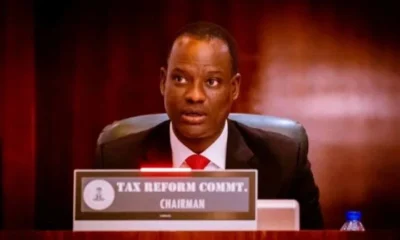
 BIG STORY5 days ago
BIG STORY5 days ago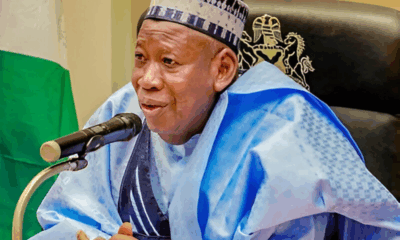
 BIG STORY4 days ago
BIG STORY4 days ago
 BIG STORY18 hours ago
BIG STORY18 hours ago
 BIG STORY5 days ago
BIG STORY5 days ago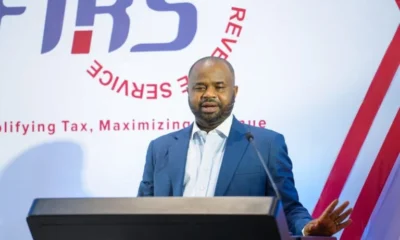
 BIG STORY5 days ago
BIG STORY5 days ago
 BIG STORY5 days ago
BIG STORY5 days ago
 BIG STORY16 hours ago
BIG STORY16 hours ago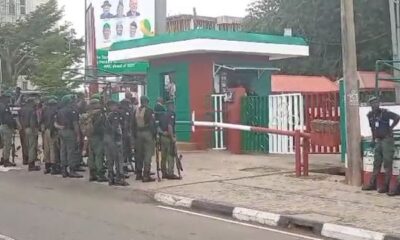
 BIG STORY2 days ago
BIG STORY2 days ago







